The content of the article
Fresh fruits are a storehouse of vitamins that a young mother needs, having lost a lot of strength, energy and nutrients. Losses must be made up so that the woman does not suffer from chronic fatigue or from nervous breakdowns. Moreover, the mother needs to eat so that the baby receives beneficial substances that he gets from mother's milk.
But the child’s digestive system is such that it cannot immediately perceive everything that enters the body. And, especially, when it comes to new products that have appeared in the diet of mom. The baby can perceive the new components, and can react through an allergic reaction. The reason for this may be the unwillingness to accept new food.
That is why a young woman should be selective about her diet, and even more so when it comes to products of exotic origin. Therefore, in order to understand whether it is possible to eat mango when breastfeeding, it is worth familiarizing yourself with the beneficial properties and some contraindications that this fruit has.
Beneficial features
For countries where mangoes are grown, it is an ordinary fruit. While colder countries perceive it as exotic. Mango is an ordinary fruit for the countries where it grows, the same as apples for the southern part of Russia. And its use does not require special rules, so it is eaten by both children and adults, including nursing mothers.
The presented fruit does not need special care when it grows. All he needs is an appropriate climate. The pickiness of this fruit allows you to send it for export, so that everyone can enjoy the taste of mango.
The benefits of this fruit can hardly be overestimated:
- A large number of vitamins and trace elements important for the body include this fruit, which is a necessity for a breast-feeding woman. This fruit is rich in vitamins A and B, C and E, in addition, it also includes antioxidants.
- Such elements as potassium with zinc and phosphorus with magnesium, which are contained in this fruit, positively affect the metabolism of women during lactation.
- It also contains iron, which the body needs for blood formation. This is especially true of women who have given birth, who suffer from iron deficiency anemia.
- Vitamin E, which is in mango, strengthens the human immunity, which is important for a young mother, whose diseases will affect the baby.
- Folic acid, or simply put, Vitamin B9, is essential for a person to repair and grow cells.
- Vitamin A contained in the fruit helps strengthen bones, and also helps to improve vision for both a nursing woman and a baby.
- It plays a significant role in the water-salt metabolism of potassium, which is contained in the fruits. This exchange affects the production of milk in the female body.
- Since the main part of the fetus consists of dietary fiber, it can be concluded that it positively affects the functioning of the intestine. Fiber of mangoes of plant origin is responsible for the removal of harmful substances from the body, by absorbing it. When a woman develops constipation after childbirth, this fruit is ideal for normalizing bowel function.
- Having a lot of sugar in the fruit adds strength and energy. Therefore, often after surgery or when the body is exhausted - it is recommended to eat mangoes. Its composition helps to normalize a person’s condition and restore lost energy.
Contraindications
But, despite such a wide range of uses and positive qualities of the fetus, as well as reviews about it, one cannot but say that even mangoes can harm health if it is not taken seriously to consume it. Especially when it comes to a nursing mother, and everything that she eats, enters the body to the child. Some components, due to its age, are not absorbed by its body.
The main disadvantage of mangoes is that it can cause an allergic reaction. If a woman ate mangoes before and during pregnancy itself, and this fetus did not cause any negative reactions, then the risk of getting them during breastfeeding tends to zero. Because the woman’s body is used and adapted to the use of this product.
In the event that a woman wants to try mango for the first time (we are not talking about mango juice, which is produced in packages), then it is better to refrain from consuming it during feeding. Because the risk of getting an undesirable allergic reaction increases, which will also affect the baby's body.
How to choose the right mango
If, nevertheless, the young mother does not have problems with allergies, and you still want to eat mangoes, you should pay attention to some recommendations when buying a fetus. The first thing that catches your eye is the appearance of the fruit. It should not be spoiled, its peel should be intact, not damaged. Next is to feel the product - it should be elastic, not soft and not very hard. Do not neglect these recommendations so that consumption does not lead to intestinal upset.
It is worth remembering that:
- The skin of a fruit should never be eaten, because it contains a resin that is toxic to the human body.
- If a woman is overweight, which happens so often after childbirth, then the fruit should still be excluded for the reason that it has a lot of sugars in its composition.
- Eating mangoes in large quantities can lead to an upset stomach.
To know how the baby will react to a new product, it is worth trying to eat it in a small amount immediately after morning feeding. Next, it is worth watching your body. If allergic signs are not observed, the portion can be increased or even eat the fetus completely. But even in the absence of side effects, mangoes should be alternated with fruits already familiar to the body.
Video: the beneficial properties of mangoes


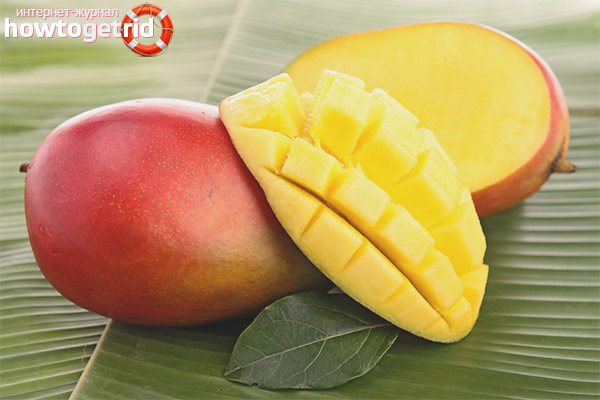
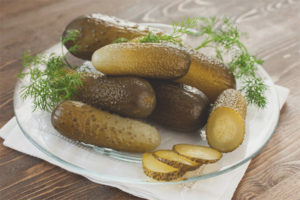



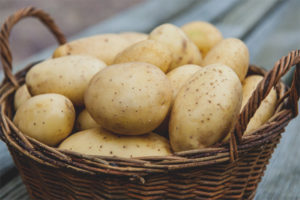
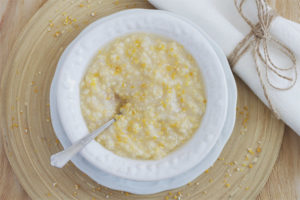

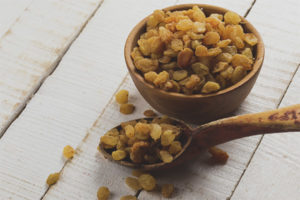
Submit